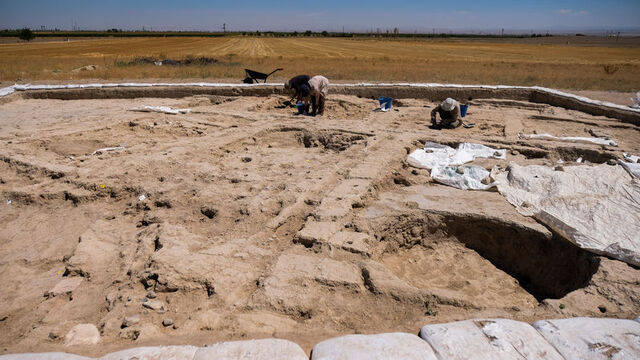
Archaeologists Uncover One of the Earliest Known Streets at Canhasan 3, Central Anatolia
9,750-Year-Old Street Unearthed in Central Türkiye Challenges Neolithic Narratives Archaeologists in Türkiye have uncovered what may be one of the earliest examples of a street in human history—predating the iconic settlement of Çatalhöyük by nearly 750 years. The discovery was made at Canhasan 3 Höyük, a Neolithic mound in the Karaman province, revealing an organized
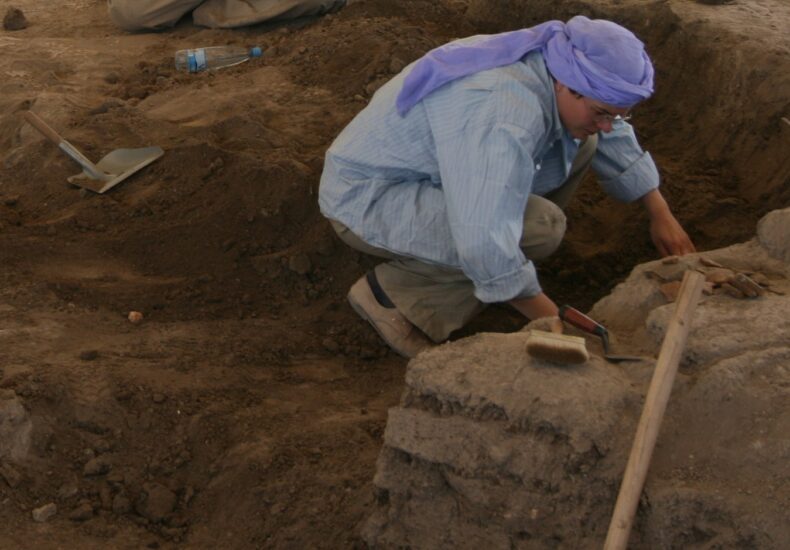
Around 9,000 Years Ago: What Role Did Women Play in Çatalhöyük Society? New Discoveries Reveal Insights
Located in central Anatolia, the ancient settlement of Çatalhöyük continues to provide valuable insights into early human civilization. Recent interdisciplinary research has revealed that women held a significant role in shaping social structures nearly 9 millennia ago. An international team of scientists from Turkey, Denmark, Sweden, and the US examined the genetic makeup of 131
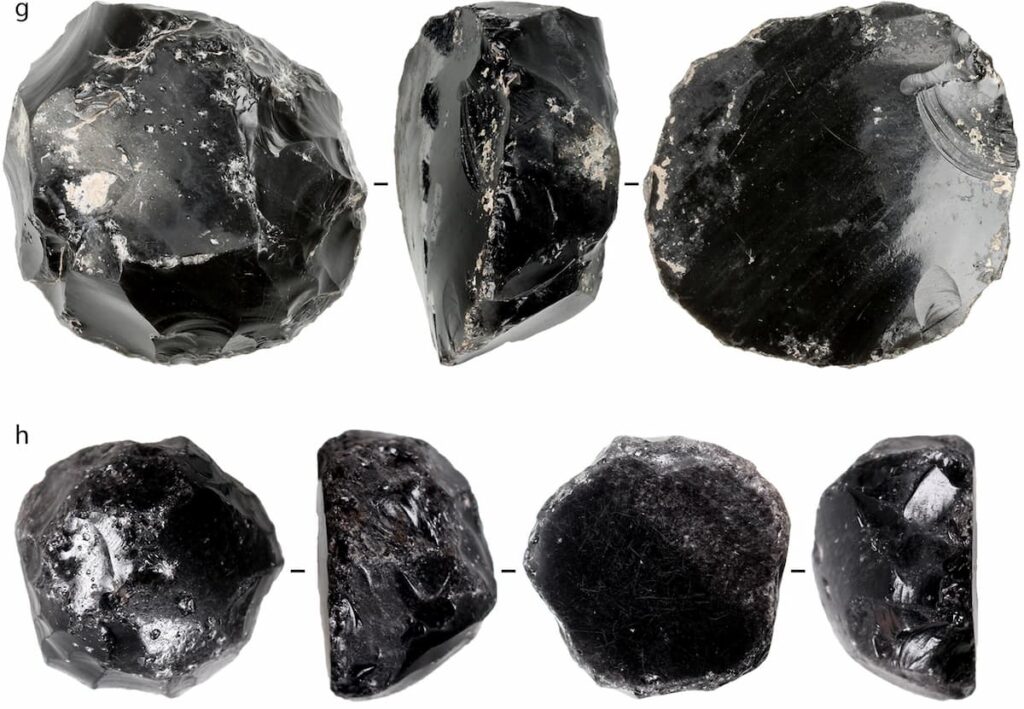
Reflections of Ancient Anatolia: Unraveling the Production Center and Techniques of Obsidian Mirrors at Tepecik Çiftlik
Recent research at Tepecik Çiftlik, a site illuminating the Neolithic period in the heart of Anatolia, is uncovering the mysteries of obsidian mirrors used since the 8th millennium BC. These rare artifacts, distinguished by their elegant circular shapes and captivating reflective surfaces, offer significant insights into the social and ritualistic world of that era, beyond
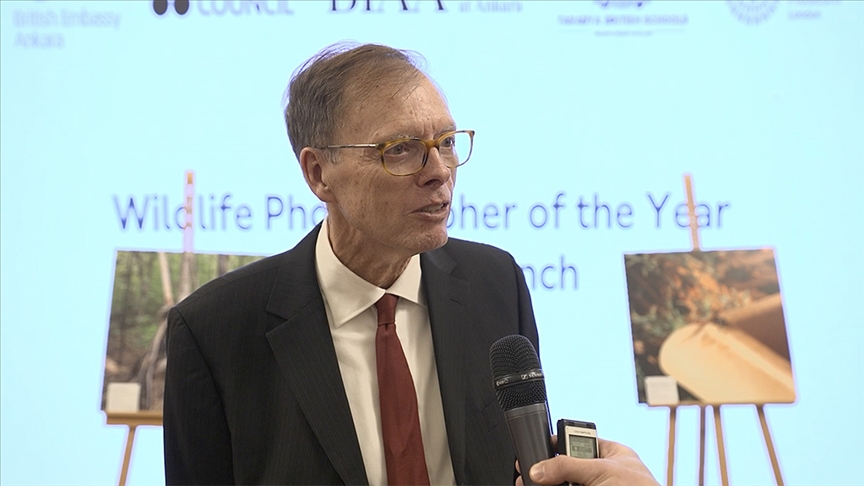
Prof. Ian Hodder, “I believe that Göbekli Tepe changes the story about the origins of human society.”
British archaeologist Prof. Ian Hodder stated, “I believe that Göbekli Tepe changes the story about the origins of human society.” Prof. Hodder directed excavations at Çatalhöyük, the first Neolithic settlement in Anatolia, for 25 years. Ian Hodder, who participated in the Wildlife Photographer of the Year exhibition organized by the Natural History Museum (NHM) at

The goddess figurine stolen from Çatalhöyük 84 years ago has returned to Türkiye
The mother goddess figurine found during excavations at the important Neolithic site of Çatalhöyük in Anatolia in 1960 has returned to Türkiye. The 9,000-year-old mother goddess figurine was brought back to Türkiye following the efforts of the Ministry of Culture and Tourism, based on information that it was part of the Shelby White collection in
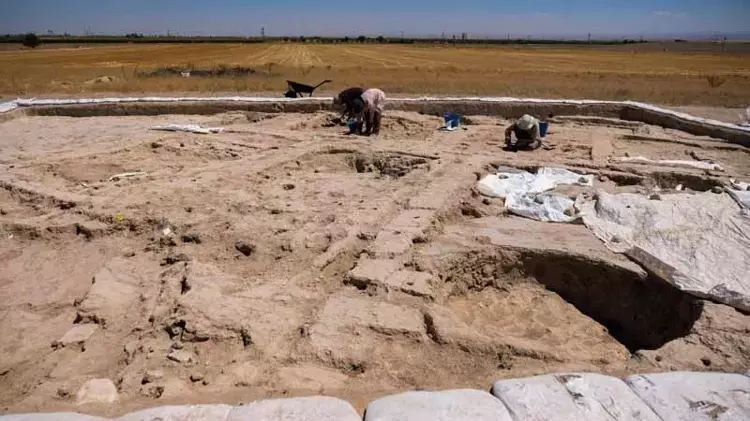
Canhasan 3 Mound may be one of the settlements that prepared the Çatalhöyük culture
Canhasan 3 Mound Excavation Head Assoc. Prof. Dr. Adnan Baysal said, “Canhasan 3 without pottery is a settlement dated 750 years before Çatalhöyük. The paints we encountered on the walls and floor of Canhasan 3 show us that this may be one of the settlements that prepared the Çatalhöyük culture.” Canhasan 3 Mound is located
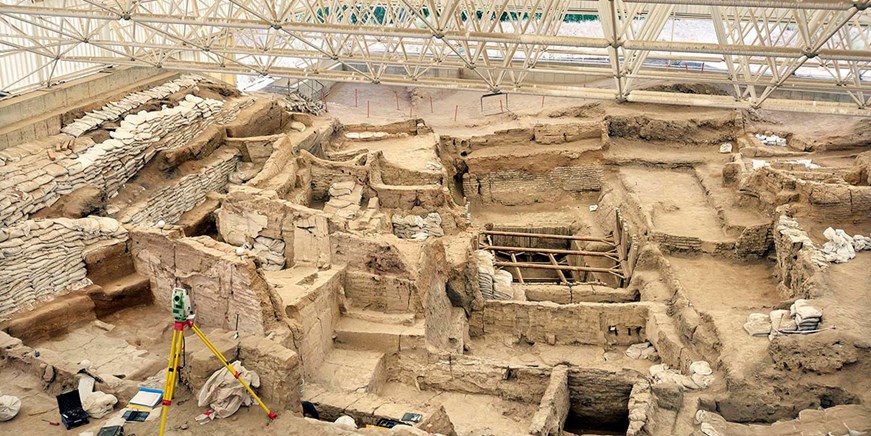
Archaeologists discover 8,600-year-old world’s oldest bread at Çatalhöyük
Excavations at Çatalhöyük, one of the first urbanization sites of the Neolithic period, unearthed 8,600-year-old “bread”. Archaeologists say the bread may be the oldest known bread in the world. Çatalhöyük is located in the Çumra district of Konya province in central Turkey. In Çatalhöyük, people lived in adjoining mud-brick houses with roof entrances and established
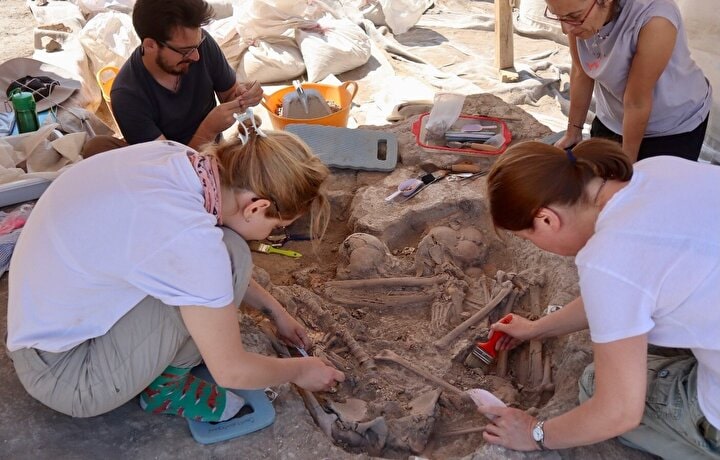
Archaeologists found an 8500-year-old trepanned skull at Çatalhöyük
A skull found in the 9,000-year-old Neolithic settlement of Çatalhöyük in Konya showed traces of trepanation (skull drilling). Çatalhöyük is a mound near Küçükköy in the Çumra district of Konya, which has been inhabited since 7000 BC. Çatalhöyük consists of two mound areas. The eastern mound was inhabited during the Neolithic Age and the western
